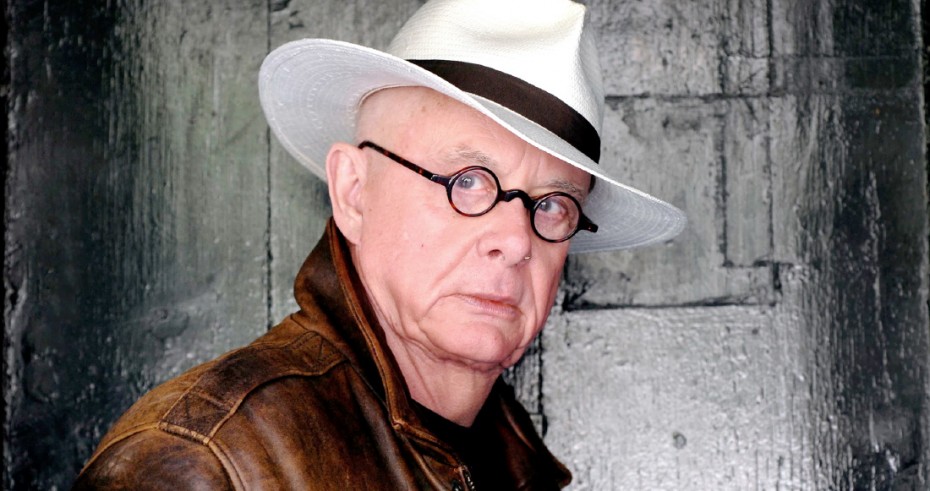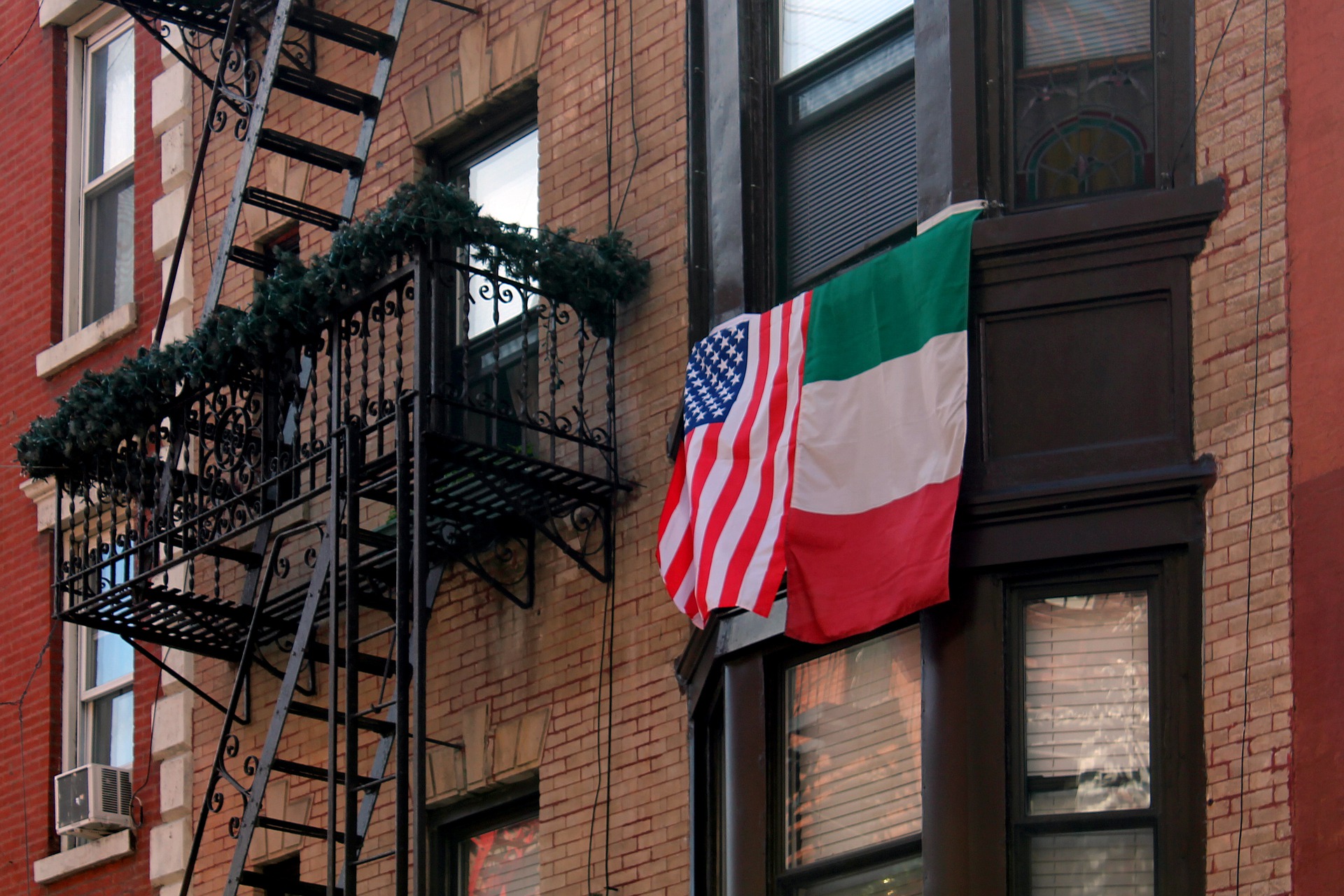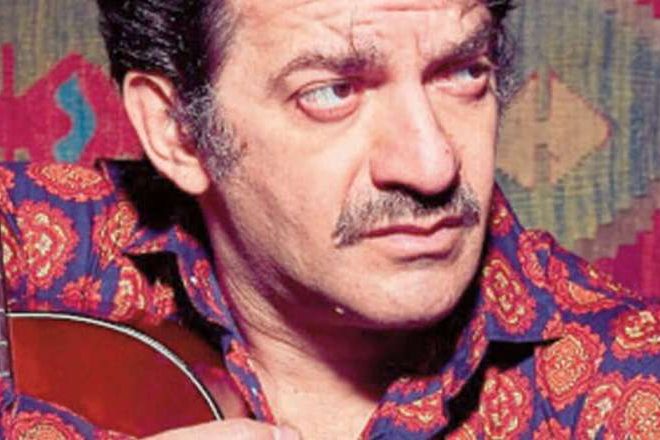John Fante (April 8, 1909 – May 8, 1983) was an American fiction writer and screenwriter. He was born in Denver, Colorado, to his father, Nicola Fante – emigrated to the States from Torricella Peligna (small town in Abruzzo) – and his mother, Mary Capolungo.
Upon dropping out of the University of Colorado in 1929, he moved to Southern California, to pursue a writing career. Ten years later, John published his most popular semi-autobiographical novel, Ask the Dust (1939), about the hardship endured during the Great Depression in Los Angeles.
The book influenced a generation of writers, including Charles Bukowski. It should not come as a surprise that, in 2006, the filmmaker/screenwriter, Robert Towne, adapted it for the screen with the same name.
In an article, published a decade ago on the New York Times, it appears an excerpt from a letter addressed to his seventeen years old son, Dan(iel), in 1960.
Clearly, John proved to be longsighted, in his prophetic statements about his son’s writing potential: “You write a very nice letter, by the way – clean, clear statements, direct and to the point. Maybe you’re a writer too, like myself. Think about it.”
However, recently passed away, Dan Fante (Los Angeles, February 19, 1944 – November 21, 2015), went through a “purgatory” of life episodes, before achieving the literary heaven.
In 1966, Dan abandoned his girlfriend and newborn son, and moved to New York City, where he made ends meet, by passing from a low occupation to the next and, simultaneously, going through a “tunnel” of drug abuse and alcoholism.
In the 80’s, after his father’s death, Dan gradually saw the light at the end of his downward spiral. The novels: Chump Change (1998), Mooch (2001), and Spitting Off Tall Buildings (2002), constitutes a trilogy, starring Dan’s alter-ego, alcoholic, out-of-control writer, Bruno Dante (in turn son of the imaginary novelist/screenwriter Jonathan Dante, John Fante’s alter-ego).
Fante’s ugly prose perfectly channeled his uncompromising world view. Perhaps, Dan’s greatest works are plays: remarkably, Don Giovanni: A Play (2006), was praised, in the French, online 3:AM Magazine, in the following terms: “For those who want to know what is REALLY going on in post-modern American literature right now, Don Giovanni should be essential reading.”
However, the French celebratory review, was not at all endorsed by most of Dan’s fellow countrymen. Perhaps, because he unveiled and disclosed American truths, whom Americans would rather keep untold.
Despite largely underestimated in his home country, Dan is surely appreciated in Europe and, particularly, Italy.
In 1999, Fante was invited to the Festivaletteratura, annual literary festival, held in Mantua since 1997.
Since then, Dan Fante traveled often to Italy, especially to that village in Abruzzo, Torricella Peligna, from where his forefathers came, and in which some cousins still used to live.
Especially since 2006, when Italian writer and journalist, Giovanna Di Lello, started to host a literary festival in Torricella, a tribute to John Fante, named “Il Dio di mio padre” (My father’s God, translation by author).
On August 2011, Dan Fante, as he was visiting L’Aquila, still devastated by the 2009 earthquake, expressed genuine solidarity towards the city and its people.
He sprayed over some boards, along a construction site on the main street: “From my heart to L’Aquila. Dan Fante.”
We, from L’Italo-Americano, wish to say: “From our hearts, farewell dear Dan!”





























